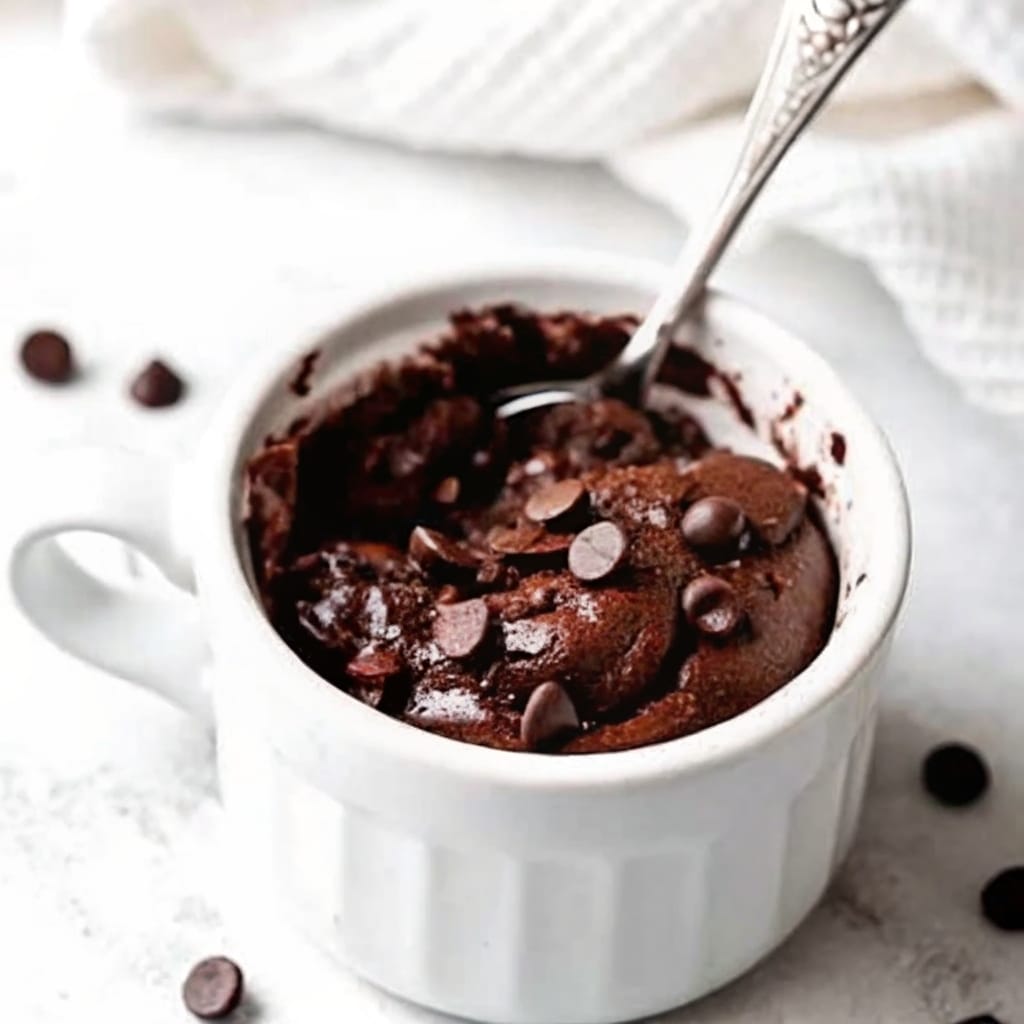High-Protein Mug Cake: Fast, Delicious & Guilt-Free Microwave Recipe
Healthy Mug Options
Mac and Cheese in a Mug – Easy Microwave Comfort Food
Savory Mug Meals
Brownie in a Mug with Brownie Mix: Easy, Gooey Dessert in Minutes
Sweet Mug Recipes
Latest Recipes
High-Protein Mug Cake: Fast, Delicious & Guilt-Free Microwave Recipe
Healthy Mug Options
Mac and Cheese in a Mug – Easy Microwave Comfort Food
Savory Mug Meals
Brownie in a Mug with Brownie Mix: Easy, Gooey Dessert in Minutes
Sweet Mug Recipes
Healthy Mug Options
Savory Mug Meals
Sweet Mug Recipes
Editor’s choice
A selection of my favorite recipes
Microwave Mug Quiche Recipe: Quick, Cozy & Surprisingly Delicious
Savory Mug Meals
4
Mac and Cheese in a Mug – Easy Microwave Comfort Food
Savory Mug Meals
4
Brownie in a Mug with Brownie Mix: Easy, Gooey Dessert in Minutes
Sweet Mug Recipes
4




